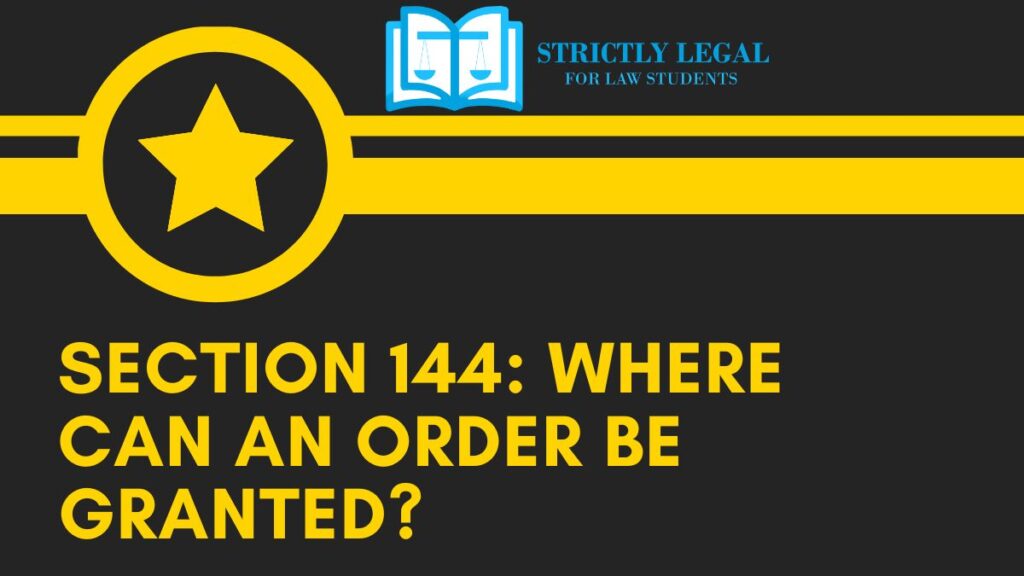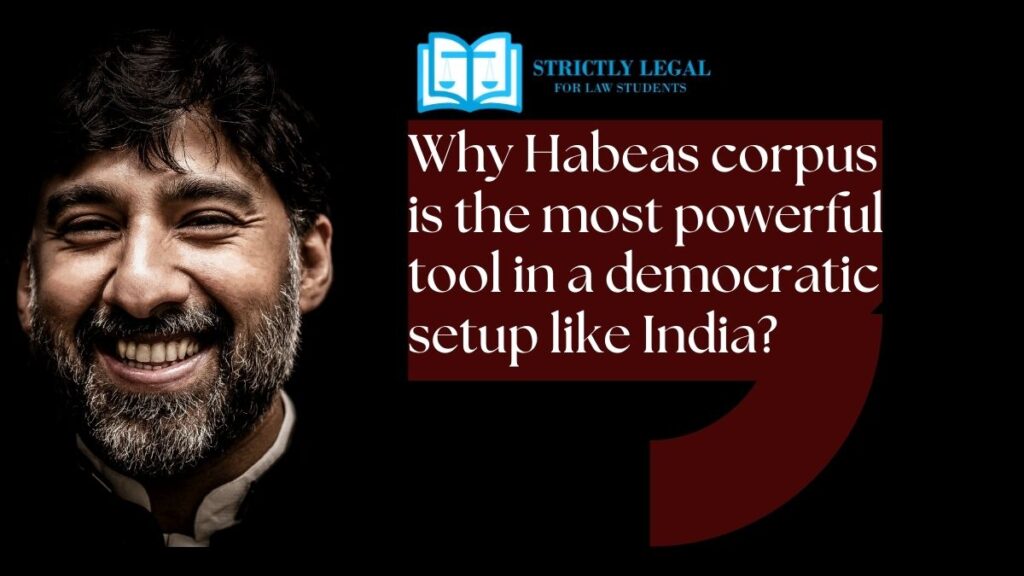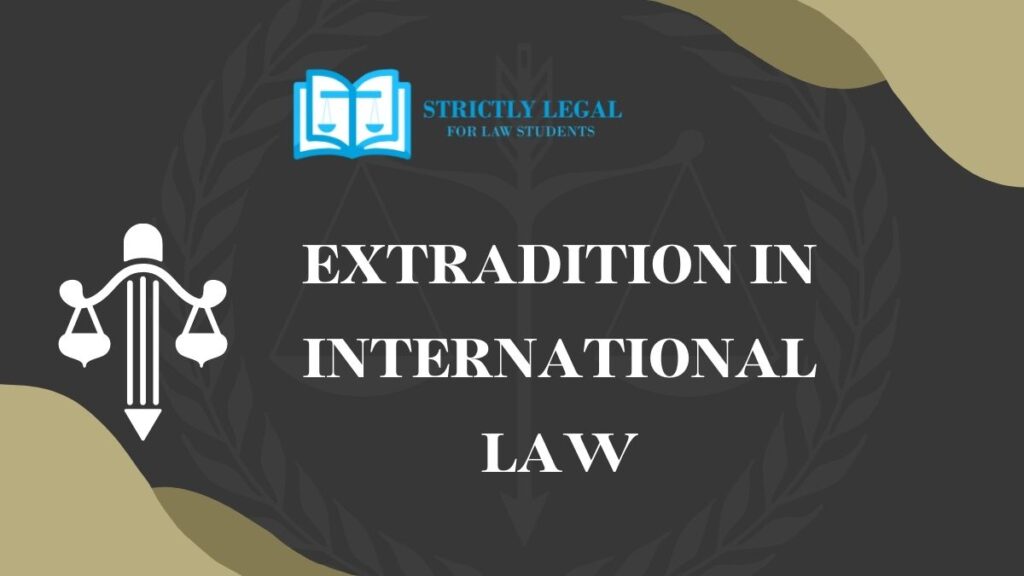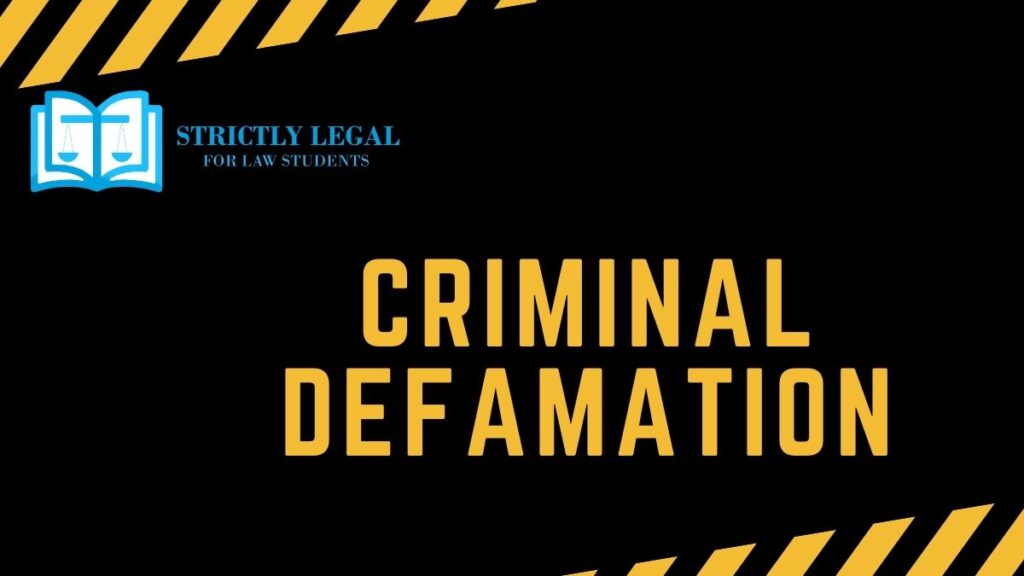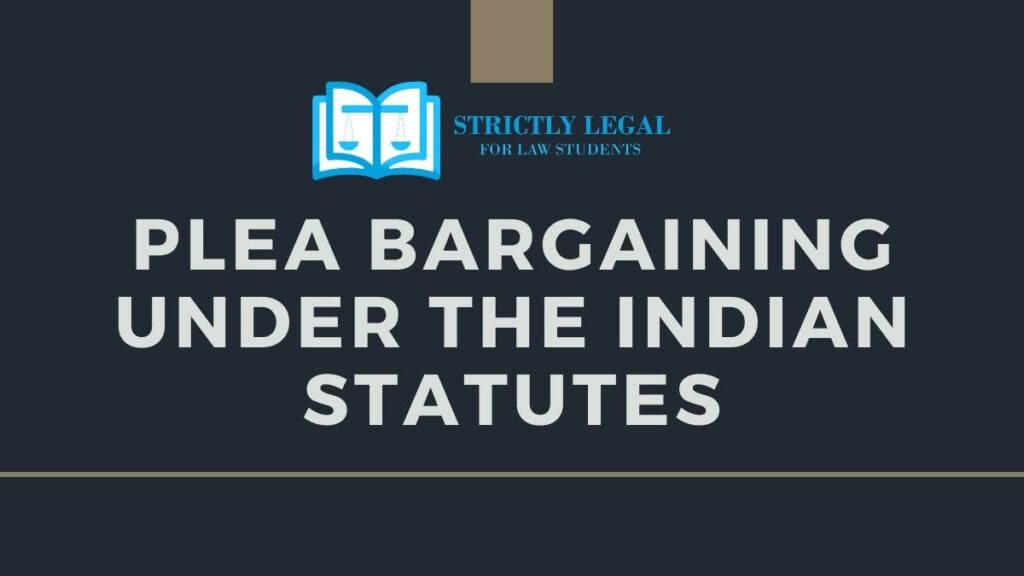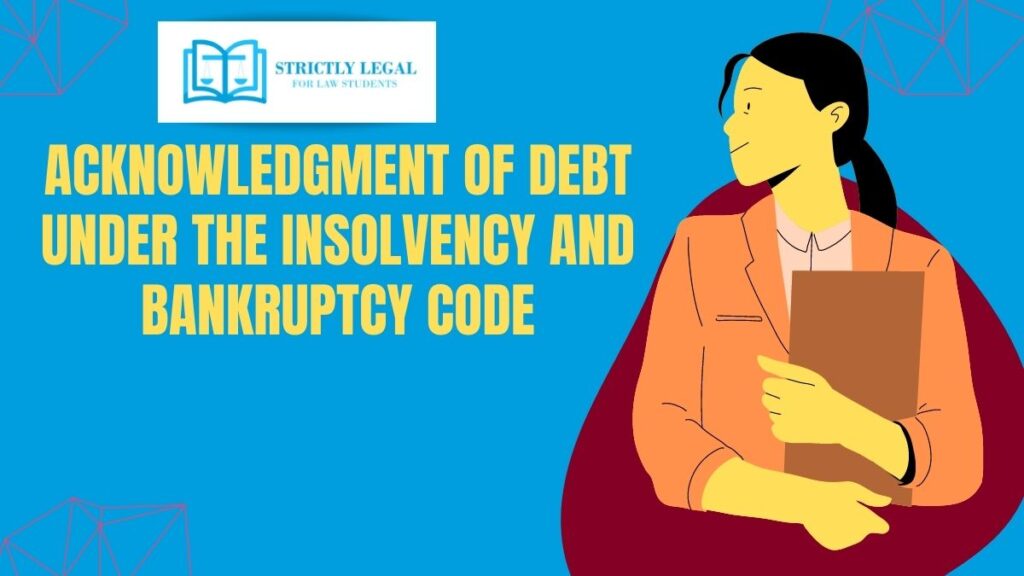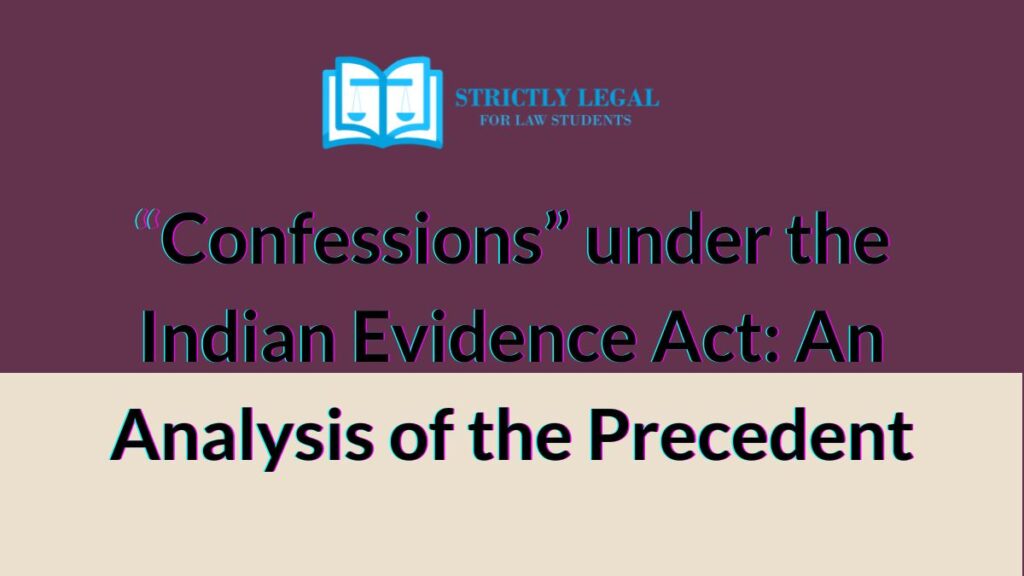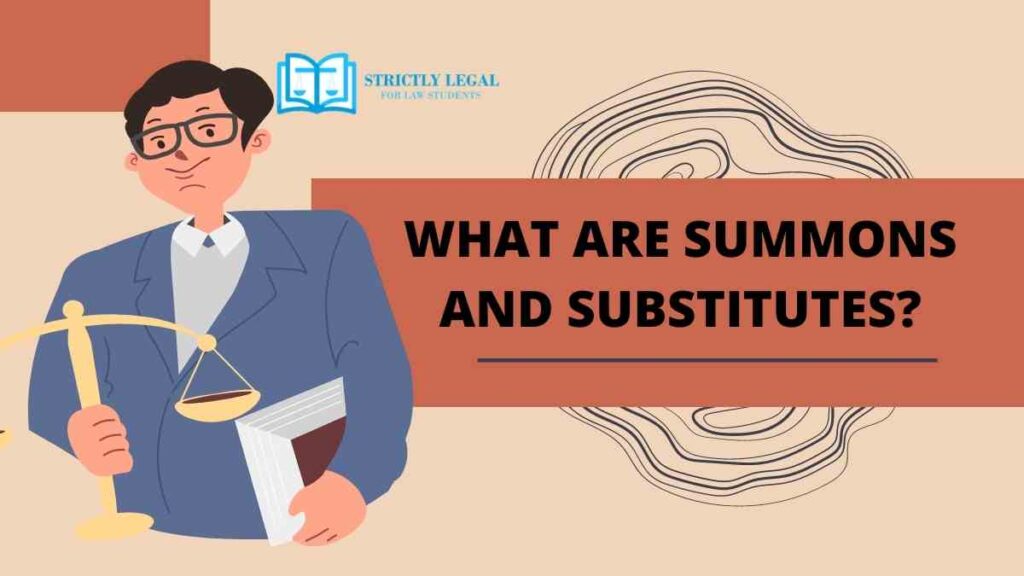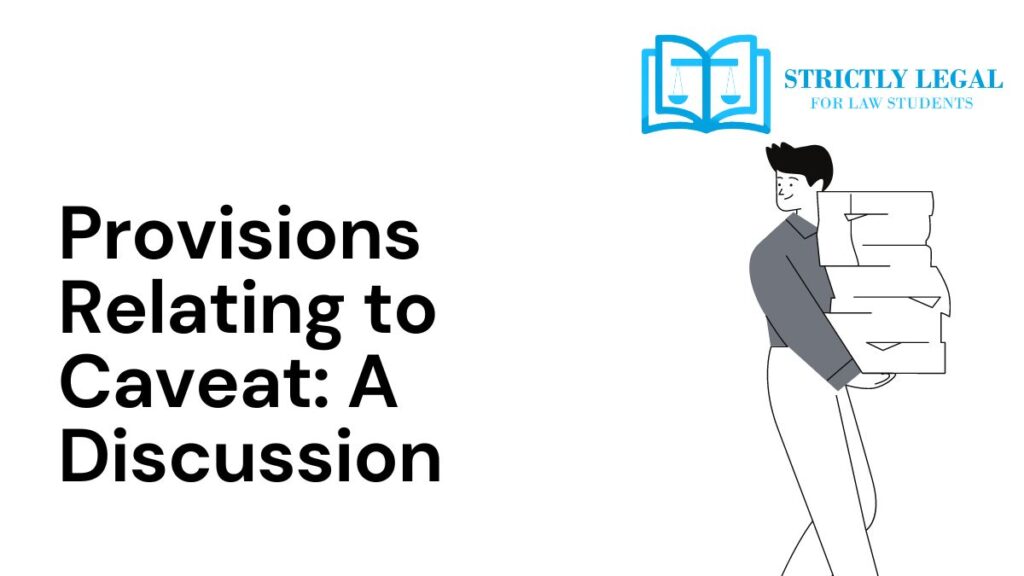Section 144: Where Can an Order be Granted?
The Code of Criminal Procedure (CrPC) is the primary legislation that throws light on the procedures for the administration o substantive criminal law in India. It provides the apparatus for the investigation of crime, apprehension of suspected criminals, collection of evidence, determination of guilt or innocence of the accused person and the determination of punishment […]
Section 144: Where Can an Order be Granted? Read More »

